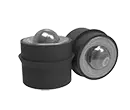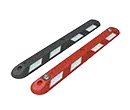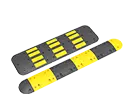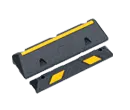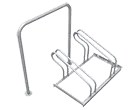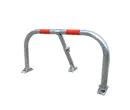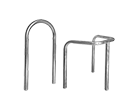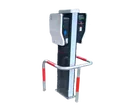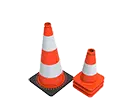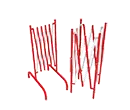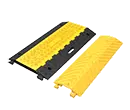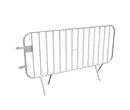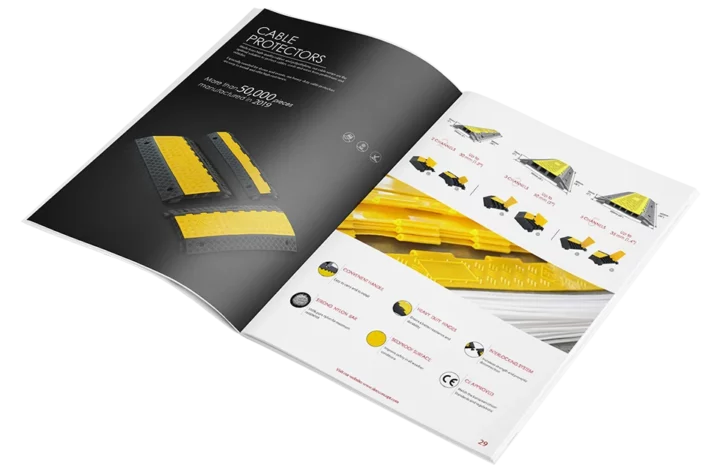Cycle lane dividers
Sino Concept’s cycle lane dividers, as traffic safety devices, separate traffic lanes to improve mainly the safety of cyclists. Indeed, creating a physical separation between bicycles and vehicles can help establish safer cycling routes and reduce the risk of vehicle-related accidents.
-
Lane Separator (Eco)
$14.00 – $17.90 -
Lane Separator (Premium)
$21.70 – $25.50
| Picture | Model | Benefits | Ideal For |
|---|---|---|---|
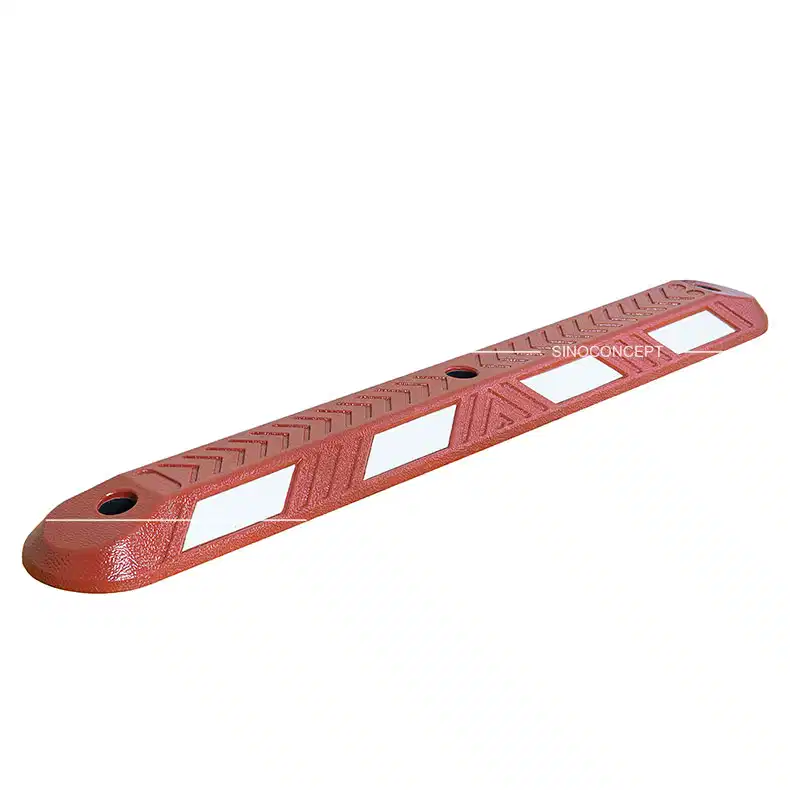
|
Lane Separator (Eco) | Low-cost model with white reflectors for day and night use. | City bike lanes, roads with good lighting. |
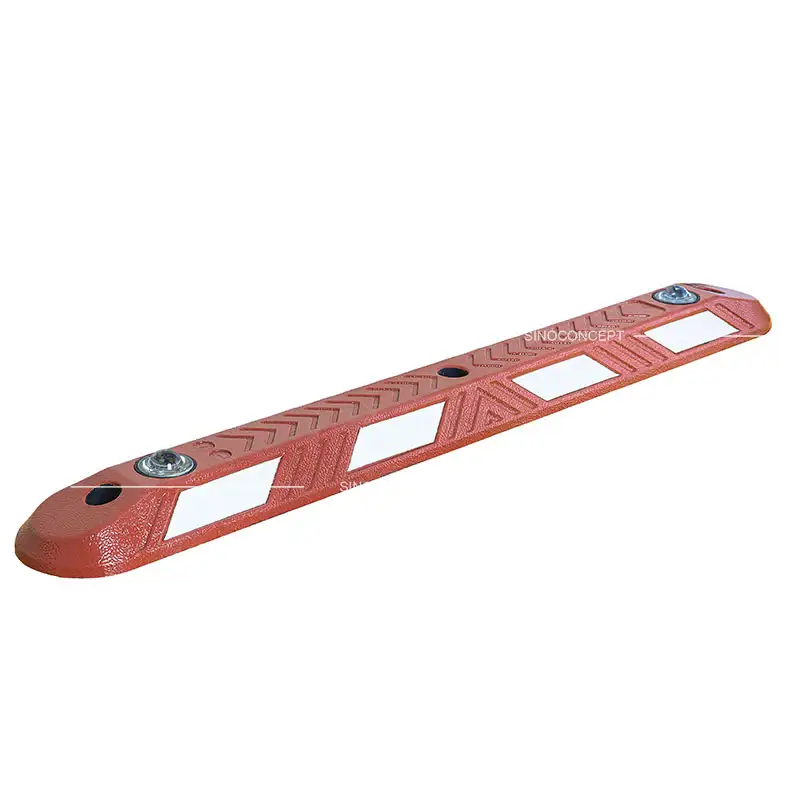
|
Lane Separator (Premium) | Fitted with 2 glass studs for 360° visibility, offering excellent performance at night. | Dark streets, countryside roads, foggy or low-visibility zones. |
What Are Cycle Lane Dividers And Lane Separators
Cycle lane dividers and separators are physical elements placed on the road to mark and protect dedicated cycling lanes. Due to modern urban planning and road safety requirements, clearly defining cycle lanes is more important than ever.
Many cities use Sino Concept lane dividers, as well as Armadillo or Orca-style models and cycle wands, to help guide road users, protect cycle lanes and keep cyclists safe.
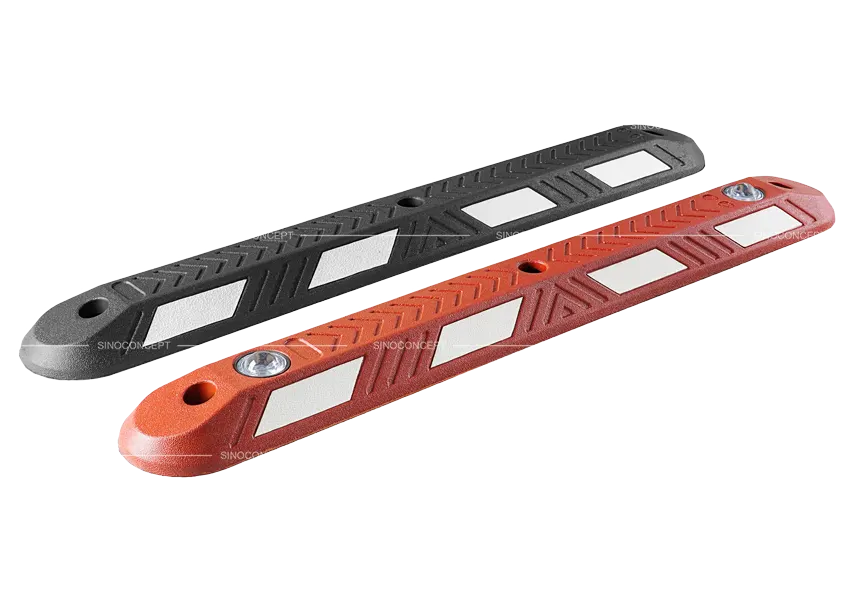
Key Safety Features of Our Lane Dividers
Want to know why Sino Concept’s lane dividers are trusted by professionals? See the key benefits below.
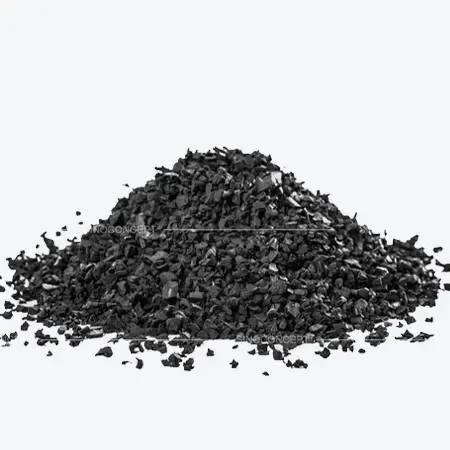
Durable Eco Materials
Sino Concept’s lane dividers are made from plastic-rubber composite, free from toxic smells and compliant with REACH regulations. They are sturdy, UV resistant and weatherproof, ensuring reliable year-round outdoor use.
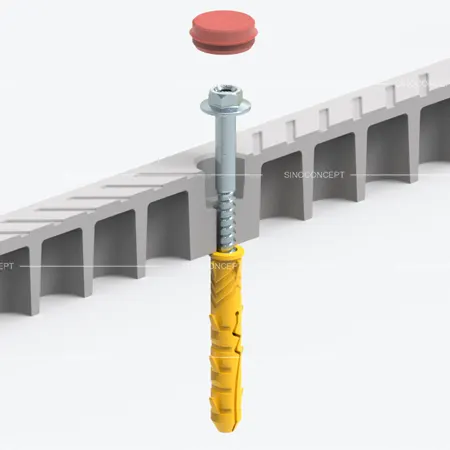
Easy Installation
Our lane dividers include hot-dip galvanised screws, polypropylene anchors, and plastic caps, enabling quick installation with basic tools on asphalt, concrete, and other road surfaces, ensuring secure and reliable positioning.
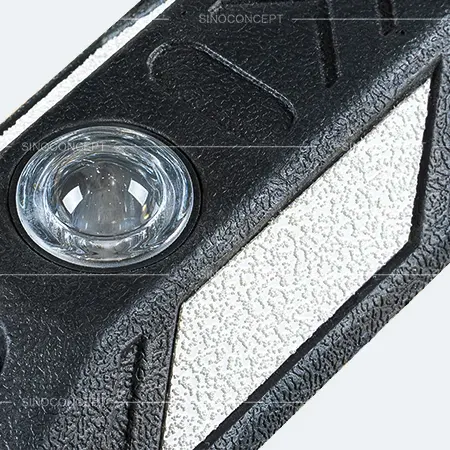
Enhanced Visibility
To improve safety in low light and high-traffic conditions, our cycle lane dividers come with embedded white thermoplastic reflective road marking films. Our premium version also features two solid glass road studs offering 360° visibility for improved night-time safety.
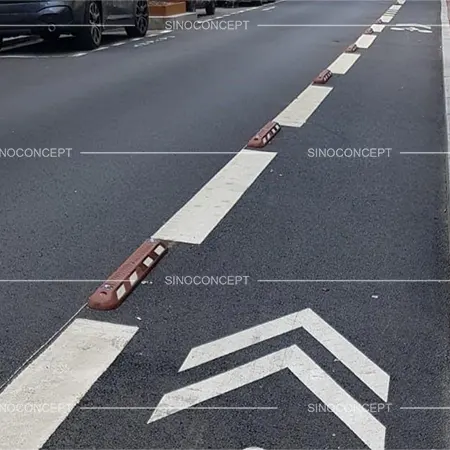
Urban-Friendly Design
Our compact design allows installation even on narrow roads. Suitable for permanent use or temporary lane separation during maintenance works or events.
Available Models in Our Lane Divider Range
We offer two models of cycle lane dividers, both have the same size and shape, making them easy to plan and install on any public road.
Both models are built for long-term outdoor use and offer a reliable choice for your orders. We welcome the opportunity to work with you.
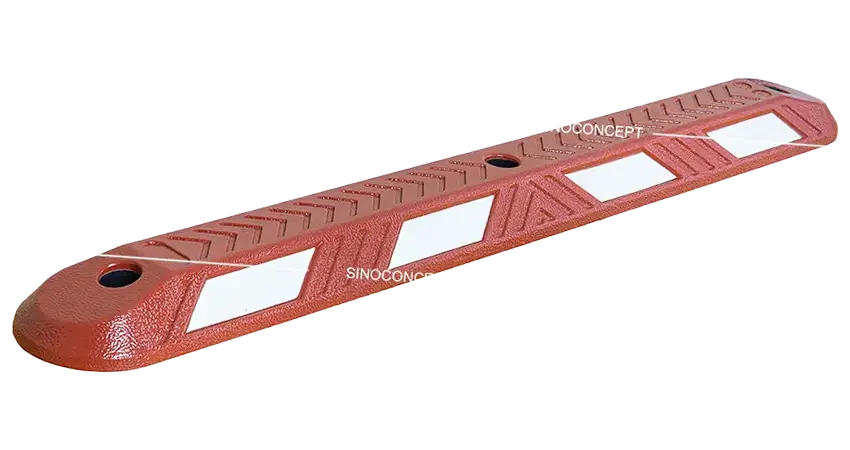
Lane Separator (Eco)
Our Eco model offers a cost-effective yet durable solution for towns or facilities looking to create safer cycling routes.
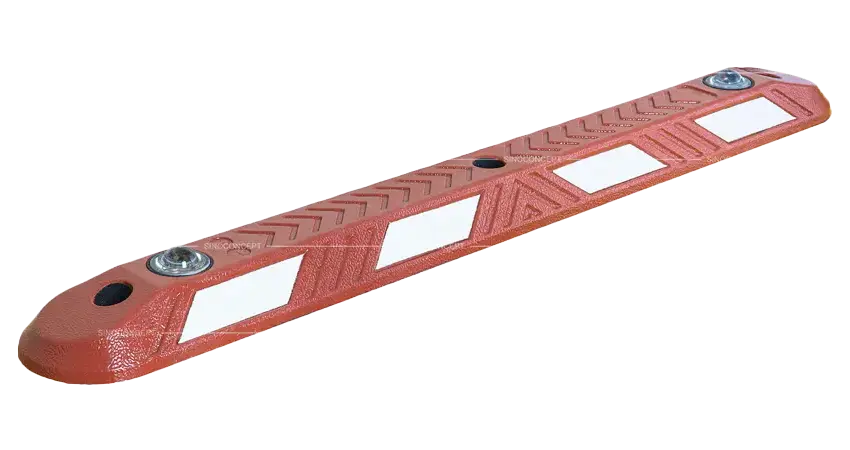
Lane Separator (Premium)
Our Premium version is recommended when increased night-time visibility is critical, such as in city centres, poorly lit areas, or rural roads without street lighting.
Where Our Lane Dividers Work Best
Sino Concept’s lane dividers may play an essential role in a wide range of applications, depending on project needs:
- Cycle lanes on shared roads
- Temporary bike lanes during roadworks
- School and university zones with high cyclist traffic
- Event areas requiring temporary cycle path guidance
Our lane dividers are a perfect fit for projects that require clear and low-maintenance lane separation.
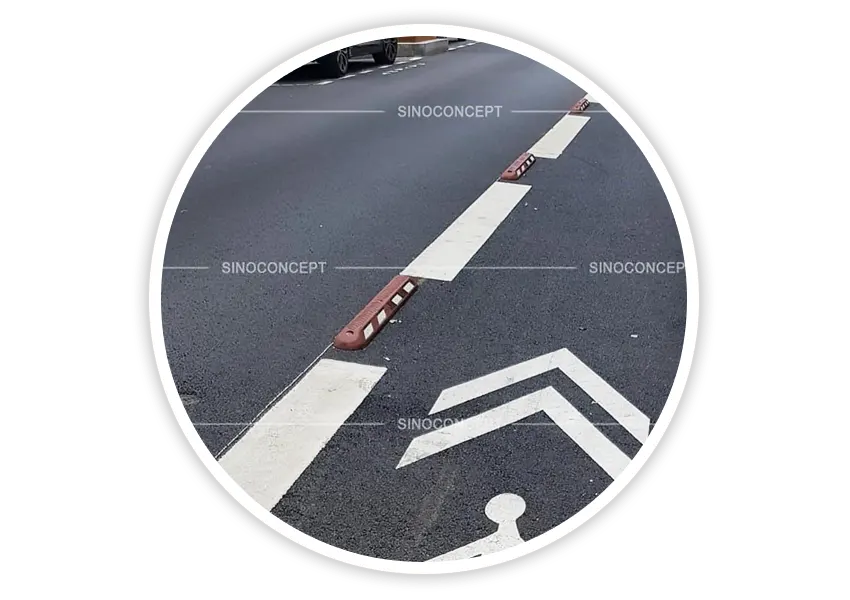
Why Choose Sino Concept for Your Cycle Lane Dividers
We’re more than just a supplier. We’re a long-term partner focused on helping your traffic safety projects succeed.
- Professional Design: All lane dividers are developed in-house using our own moulds and raw material to ensure consistent quality.
- Cost-Effective Pricing: We offer fair and competitive prices to support your project goals without compromising on product quality.
- Quality Control: Every order is carefully inspected by our quality team and prepared for safe delivery, with all items securely packed in crates.
- Clear Communication: From technical details to logistics, our team offers quick, clear answers whenever you need support.
With Sino Concept, you get reliable service and a team that understands your business needs.
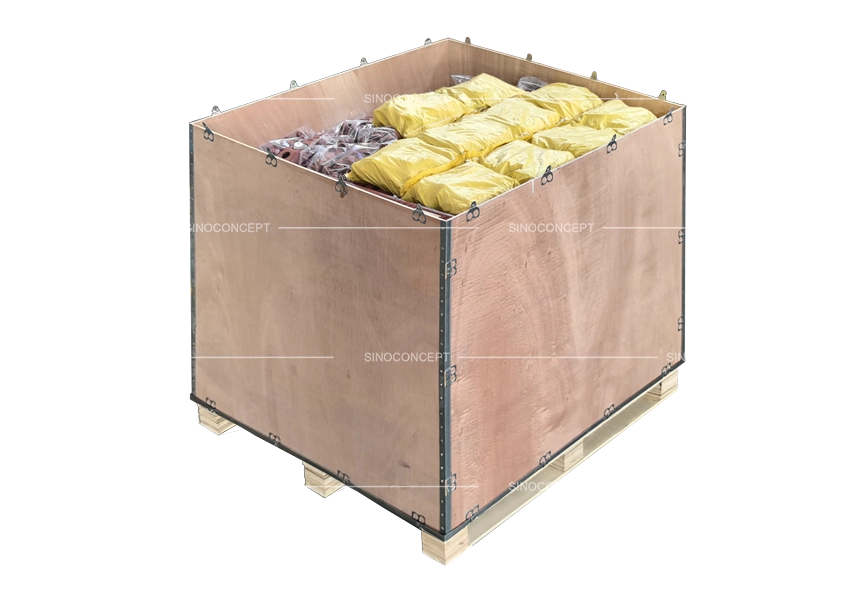
Expand Your Road And Traffic Safety Devices Range
Looking to expand your product offering? Dicover other items in our road and traffic safety range alongside cycle lane dividers:
| Picture | Range | Ideal For |
|---|---|---|
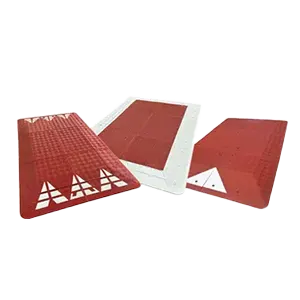 |
Speed Cushions and Speed Tables | Modular speed control for safer public roads, available in different types to suit your project needs. |
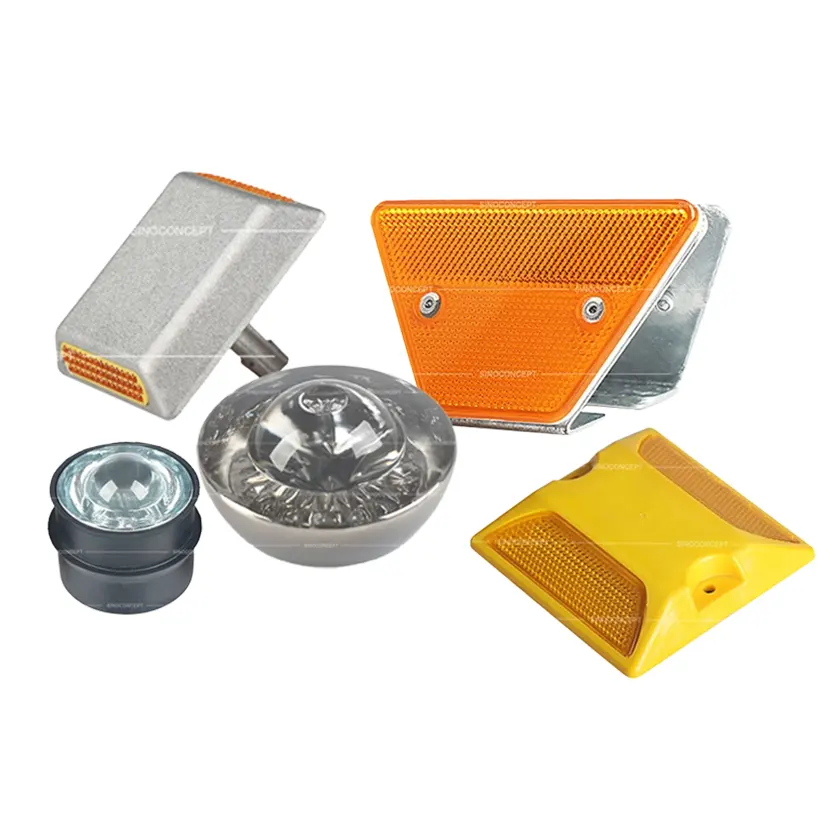 |
Reflective Road Studs | Durable visibility markers for night-time guidance, offered in various materials such as aluminium, steel, or plastic for different ground types and environments. |
Contact Us for Your Lane Separators!
Looking for reliable, high-visibility lane separators for your traffic or cycling projects? Our durable and easy-to-install models are trusted across infrastructure sites.
Contact us today to request a quote or place a bulk order!


